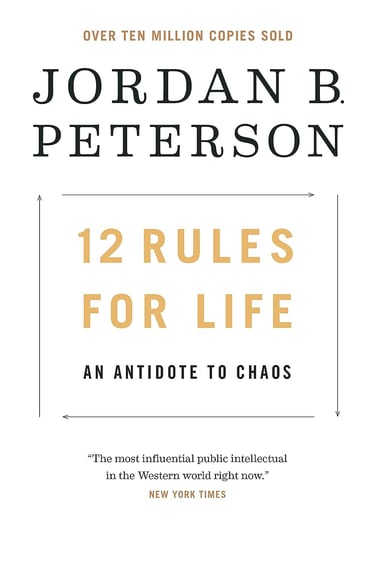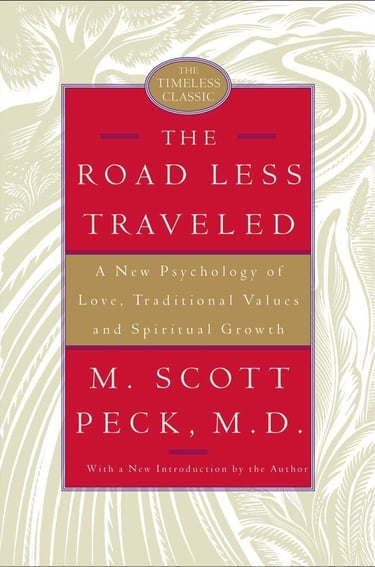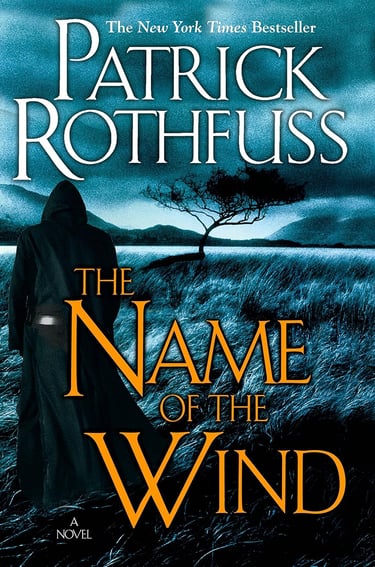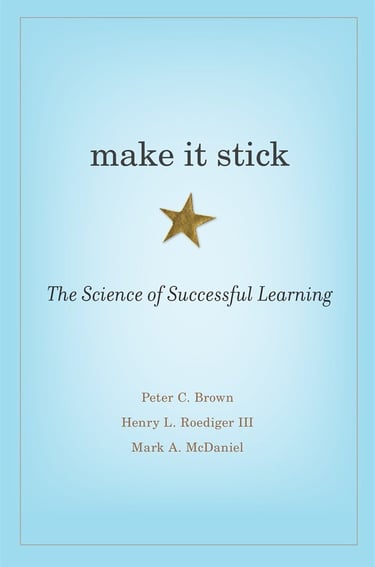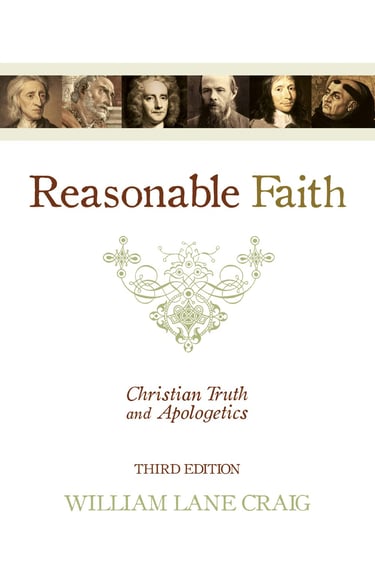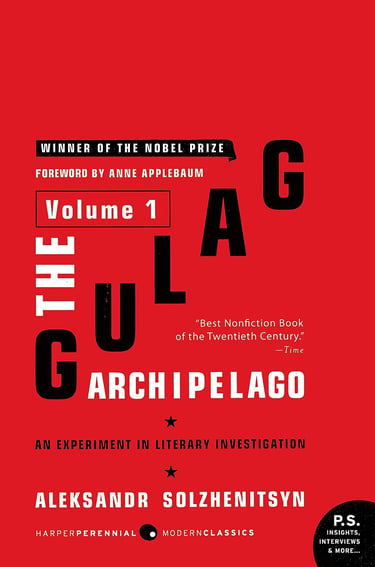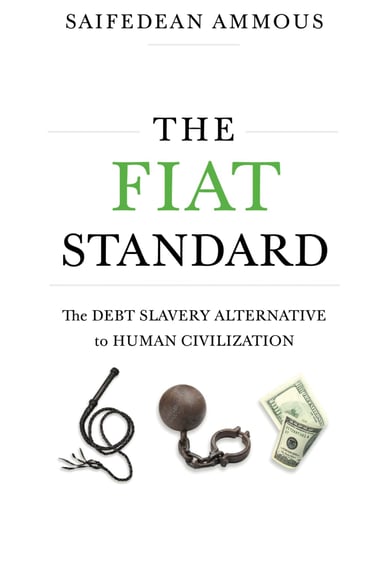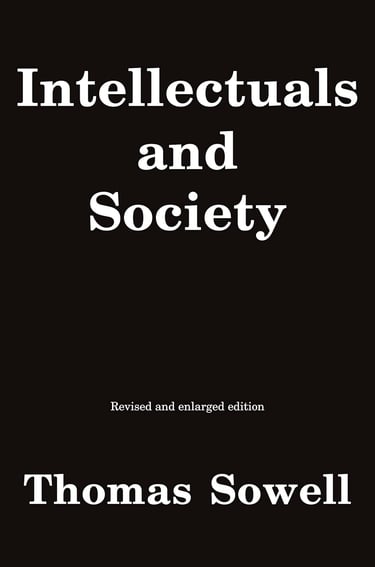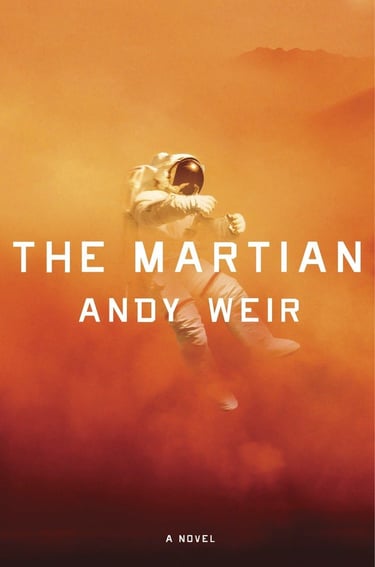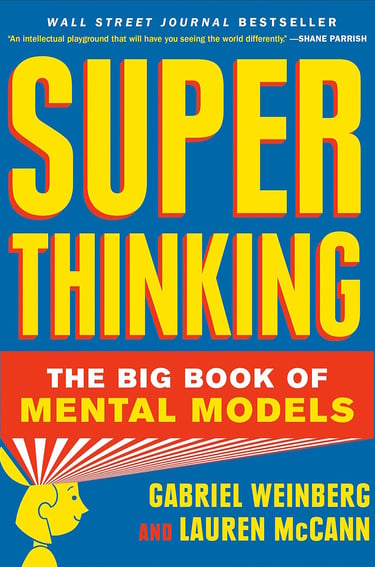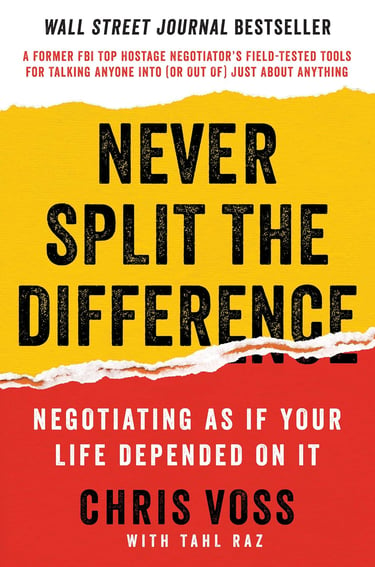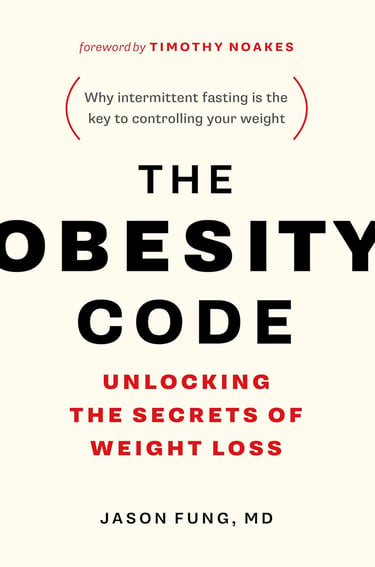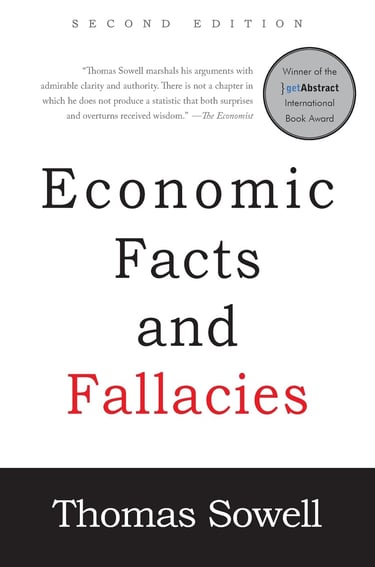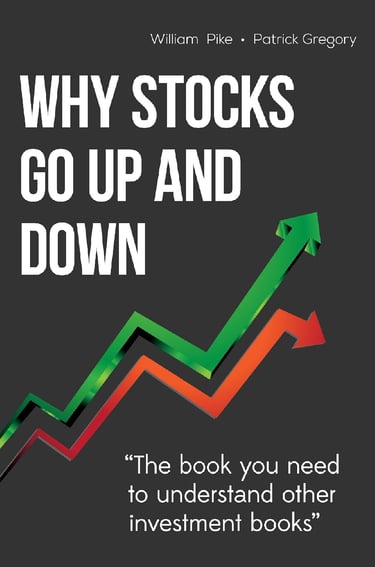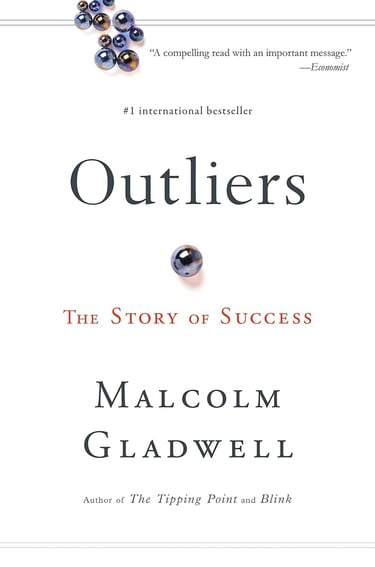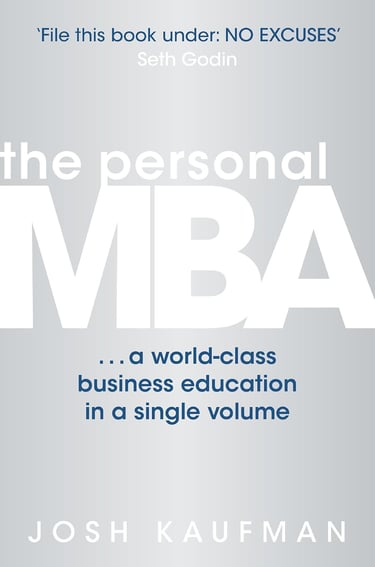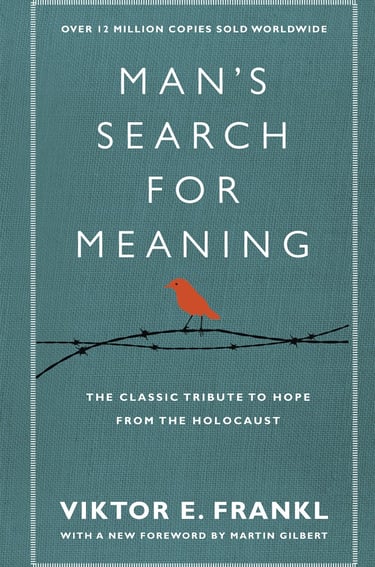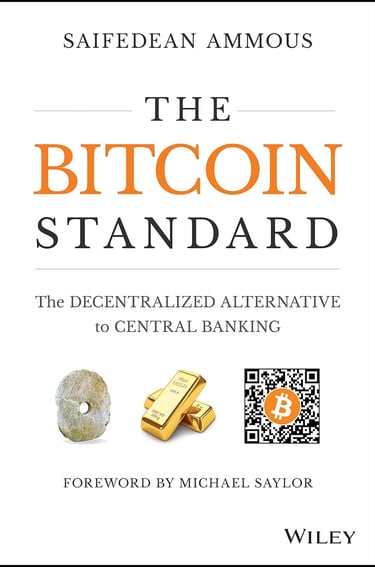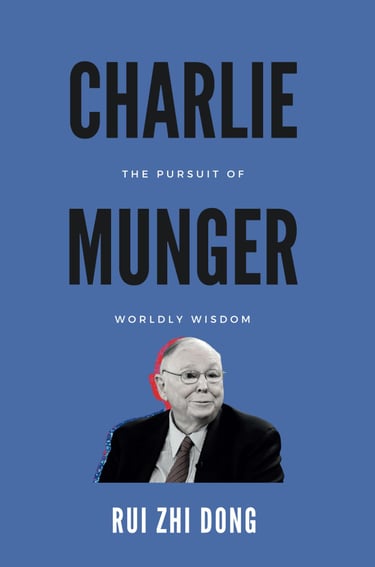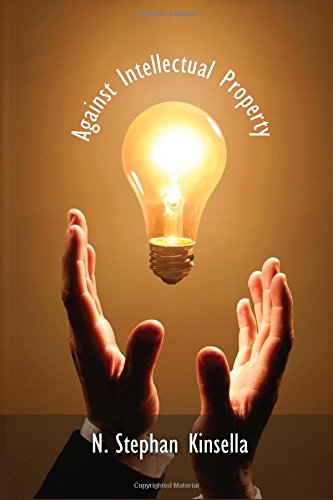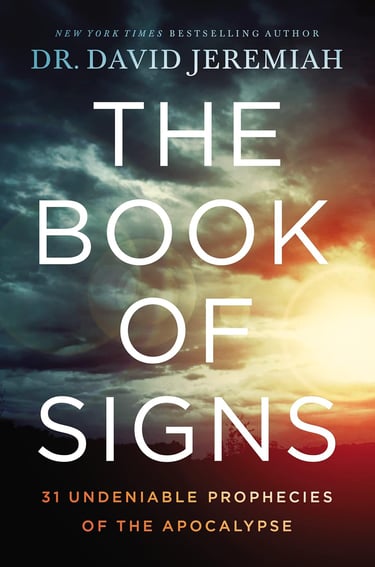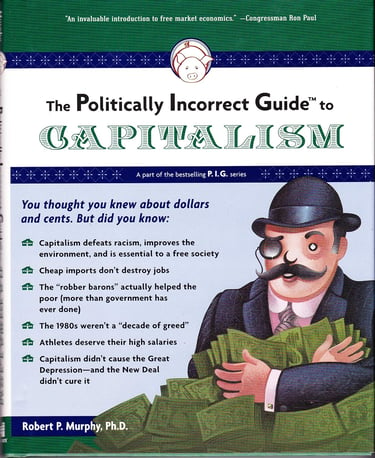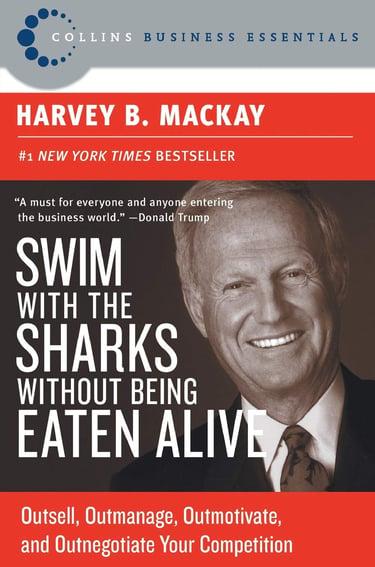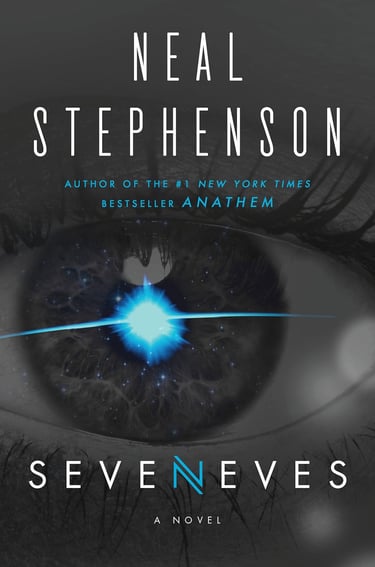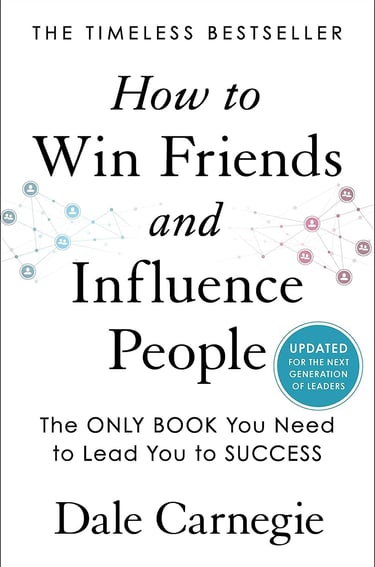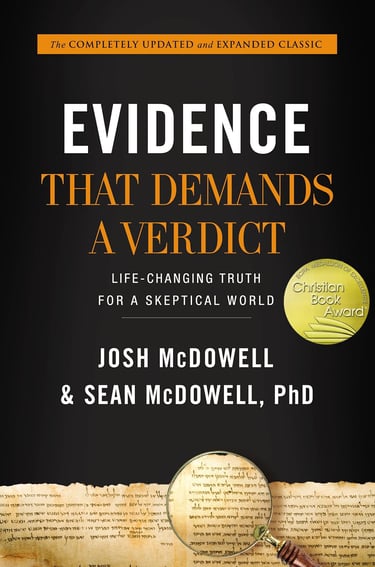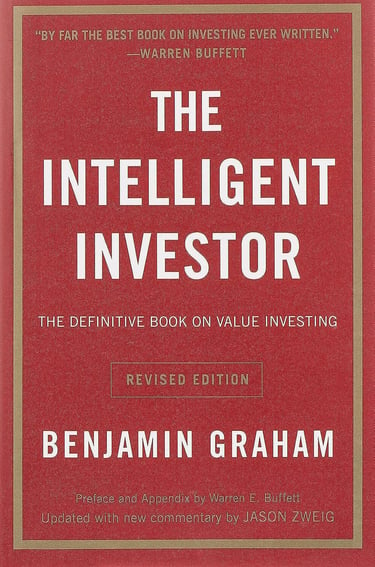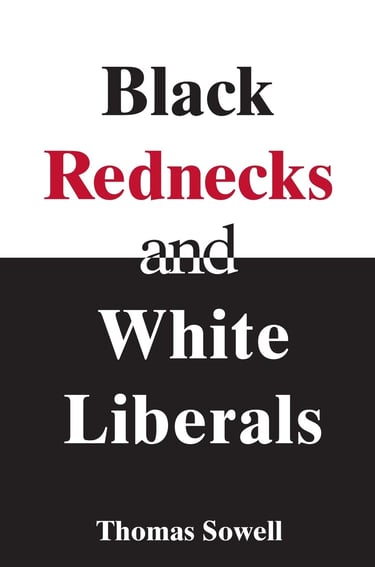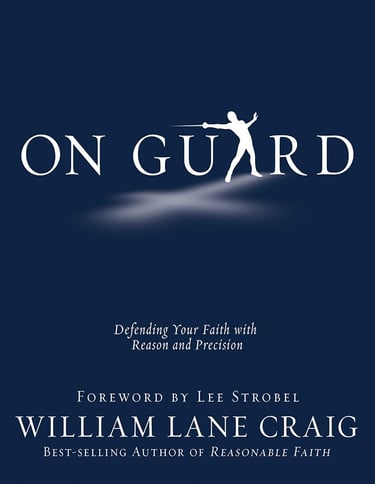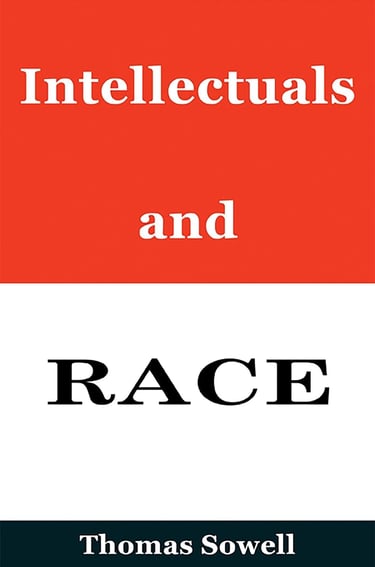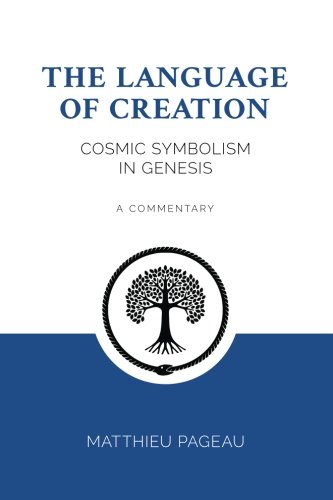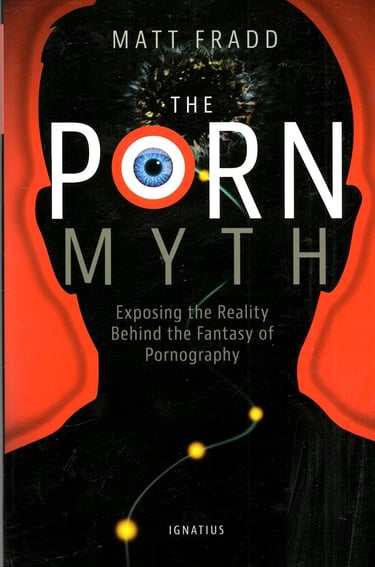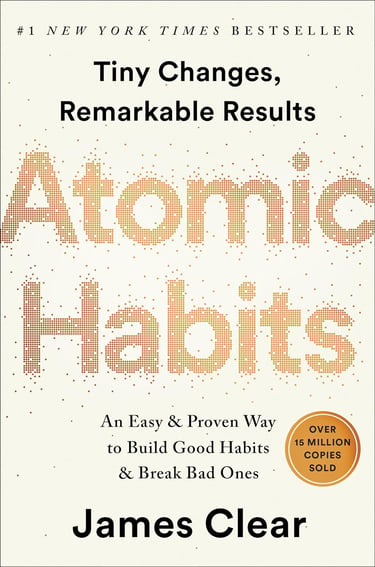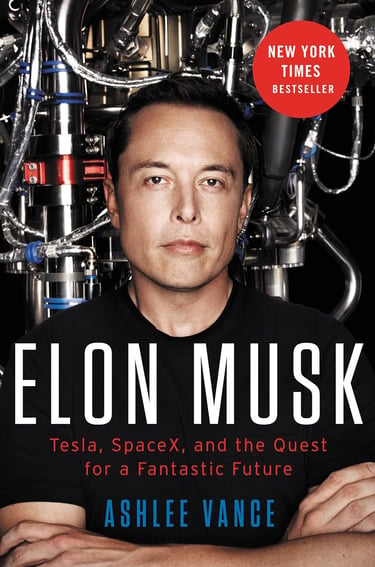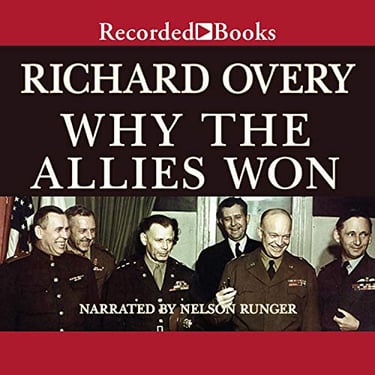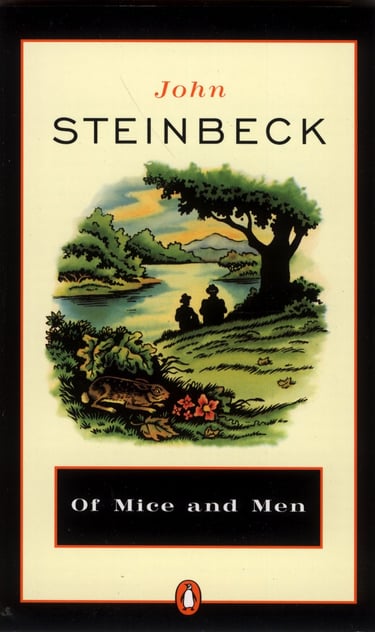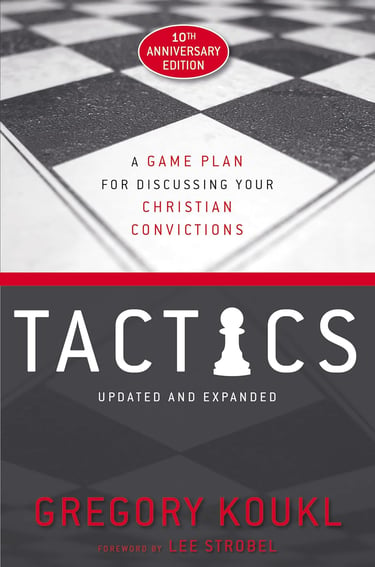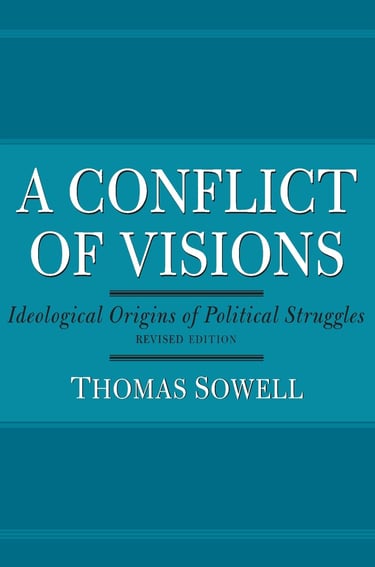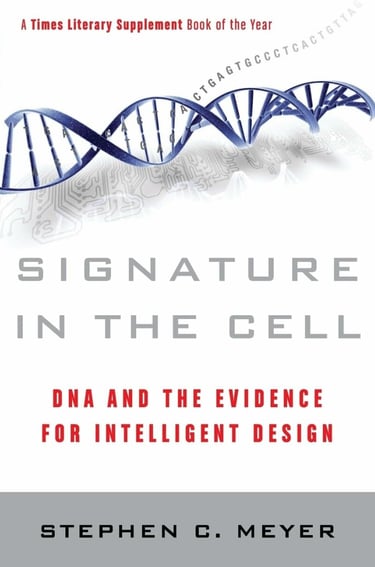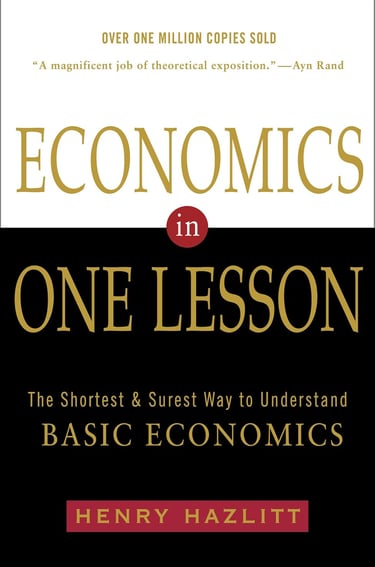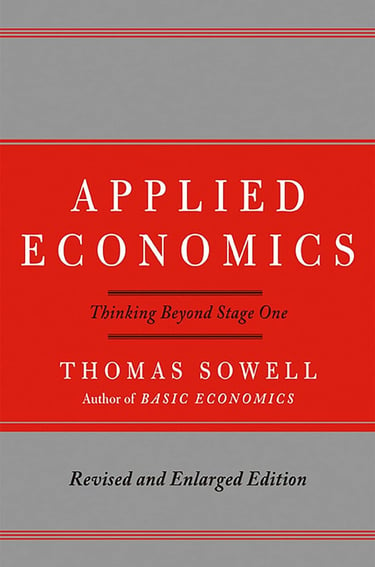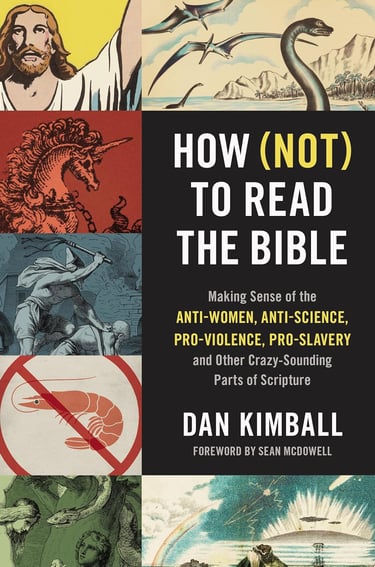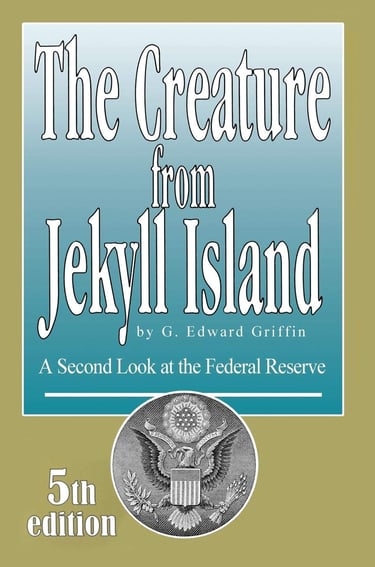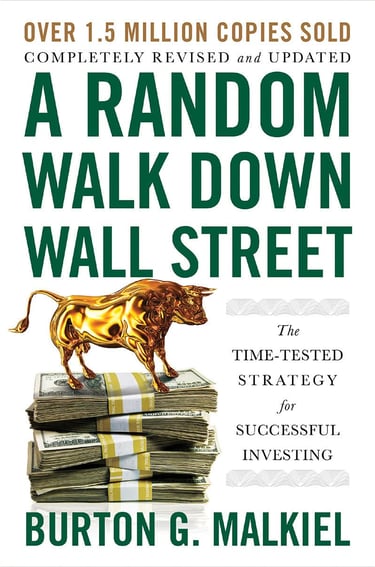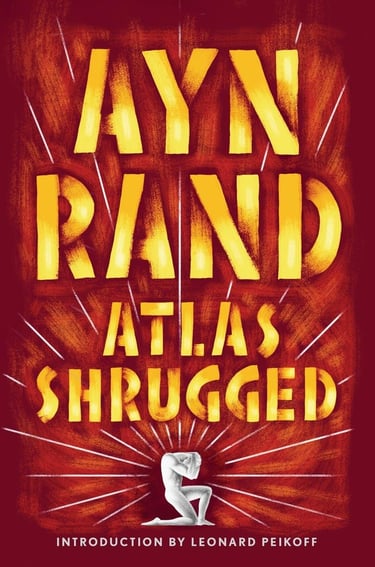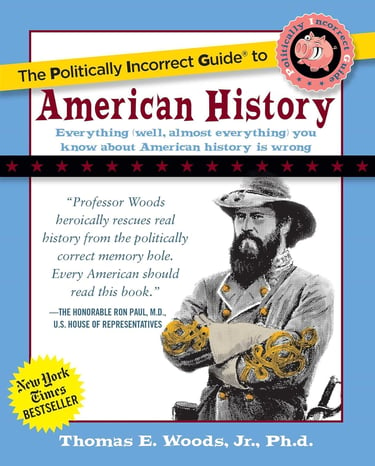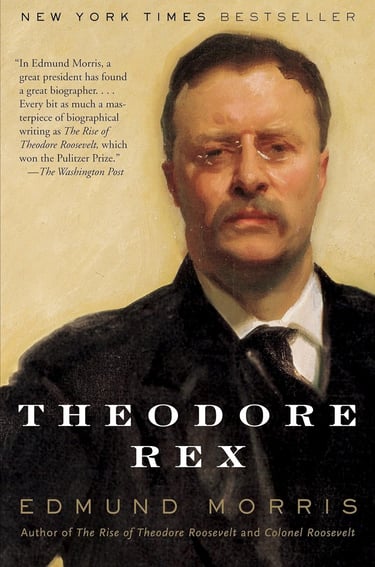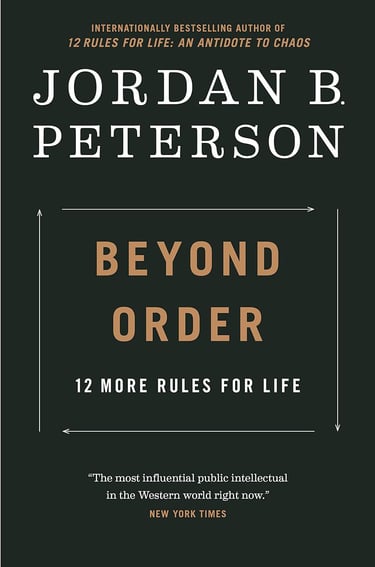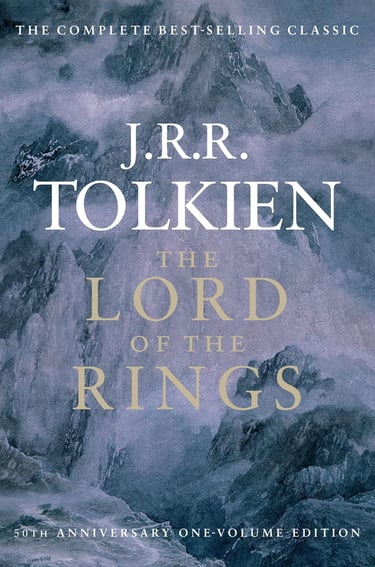Reading List
Top 50 list of books that I'd recommend. All of these have impacted my life in one way or another.
~CCR
The Bible
By: God
The foundational text of Western civilization. Without it, almost all literature makes less sense. That's why it occupies the top place on the list.
12 Rules For Life
By: Jordan B. Peterson
A call to personal responsibility. It could probably be summarized as saying "Life sucks, despite this, make the best of it".
Rule 6 - "Set your house in order before you criticize the world."
Rule 8 - "Tell the truth, - or at least don't lie."
The Road Less Traveled
By: M. Scott Peck
The easy path through life is often the path that will cause you the most suffering in the long run. By embracing the difficult things, a richer life can be achieved. The overall theme is somewhat similar to 12 Rules For Life yet both books are quite different in how they get to the core truth relating to personal responsibility.
The Name of the Wind
By: Patrick Rothfuss
A masterful story of epic proportions in an exquisite series that's taking far too long to finish. Someone needs to put Rothfuss in a room and not let him out until he finishes it.
Make It Stick: The Science of Successful Learning
By: Peter C. Brown, Henry L. Roediger III, Mark A. McDaniel
Traditional study habits aren't super effective. The key seems to be actively engaging with a topic to gain an intuitive understanding by retrieving it from memory and making connections with the content. Similar to Ultralearning and a few of the other learning books.
Reasonable Faith: Christian Truth and Apologetics
By: William Lane Craig
Religion in general and Christianity specifically are often portrayed as a fool's pursuit by the irreligious community. Religion is viewed as being irrational. This is a pretty typical view for someone who doesn't understand Christianity. Reasonable Faith expounds on how Christianity can in fact be reasonable.
The Gulag Archipelago
By: Aleksandr Solzhenitsyn
It's exceedingly difficult to be disappointed with life or America for that matter after reading this book. It's also nearly impossible to operate with the assumption that human beings are inherently good after reading just a few chapters of The Gulag Archipelago. At best, you can grant mankind the status of neutral. Anything greater than that shows a naive lack of historical knowledge.
The Fiat Standard: The Debt Slavery Alternative to Human Civilization
By: Saifedean Ammous
An interesting analysis on how a fiat monetary system promotes governmental mismanagement. If you can conjure money from thin air and tax by inflation, there is no incentive to exercise wise financial stewardship of the national treasury.
Intellectuals and Society
By: Thomas Sowell
Surprisingly, smart people in a society pose a great risk to that society largely on account of perverse incentive structures. As producers of ideas, they're not forced through the meat grinder that is reality. Hubris also seems to be a pretty large factor. Sowell makes you stop to think about this one.
The Martian: A Novel
By: Andy Weir
Trapped on Mars with only science to save you. A mechanical engineer's fever dream basically.
Super Thinking: The Big Book of Mental Models
By: Gabriel Weinberg, Lauren McCann
A collection of useful mental models that can benefit you across numerous domains. It's very similar to Charlie Munger: The Pursuit of Worldly Wisdom but it takes the idea much further and covers a massive swath. As the authors point out, this would be a good book to read right at the beginning of college.
Never Split the Difference: Negotiating as if Your Life Depended on It
By: Chris Voss
A good book that goes a long way toward getting a person up to speed on negotiations. Voss covers a large number of useful tactics and he also expounds on these tactics interestingly and memorably with engaging anecdotes. A good read if you need to work with people on a daily basis in cases where conflict might arise.
The Obesity Code - Unlocking the Secrets of Weight Loss
By: Dr. Jason Fung
This book was interesting. It essentially touts the merits of intermittent and longer-duration fasting to control insulin levels in the body and subsequently weight. As an ancillary note, switching from three meals per day to one meal per day substantially boosts productivity as well. Healthy balanced meal prep takes a substantial amount of time and is more efficient if done using batching.
Economic Facts and Fallacies
By: Thomas Sowell
Another great book from Sowell. He specifically attacks a lot of mainstream economics using hard facts and data to back up his claims. The book is very common sense oriented and easy to follow considering it is ultimately a book on economics.
Why Stocks Go Up and Down
By: William H. Pike , Patrick C. Gregory
This book is basically gold. It takes what could probably be called a first principles approach to explaining investing. It starts with a basic business that just about anyone can understand and then it builds on that business. Layer by layer it adds complexity to paint a picture describing where a lot of the financial wizardry comes from in the modern system. It's easier to follow than some of its peers such as the Intelligent Investor.
Outliers: The Story of Success
By: Malcolm Gladwell
Outliers is helpful because it really pounds home the fact that a lot of success is the result of luck. It's a good read for those who are struggling with feelings of inadequacy or a disconnect between their career expectations and reality. Moreover, it's a really interesting read on account of the stories explored within. It's very wide-ranging from rice farming to tech.
The Personal MBA: A World-Class Business Education in a Single Volume
By: Josh Kaufman
This book was a hidden gem. It essentially provides a full domain overview for a business major. It is great for getting a foundational understanding of the subject.
Man's Search For Meaning
By: Viktor E. Frankl
Man's Search For Meaning is similar to the Gulag Archipelago but perhaps more hopeful. Both drive home the fact that people can do unspeakably horrible things to other people. Moving past the dark depths of the human soul, the book presents the notion that one can derive meaning from bearing suffering. Moreover, it advocates for the pursuit of meaning in life above all else which is very countercultural in the hedonic landscape of the current era.
The Bitcoin Standard: The Decentralized Alternative to Central Banking
By: Saifedean Ammous
Surprisingly, this was more about economics than cryptocurrency. It still does discuss cryptocurrency in great depth but not nearly to the extent a casual observer would expect from the title alone. The idea of using cryptocurrency to put an end to centralized banking is fascinating. The book does a fantastic job breaking down the matter into digestible pieces that a layman can follow. It was very enjoyable.
Charlie Munger: The Pursuit of Worldly Wisdom (Super Investors Series)
By: Rui Zhi Dong
This was a great read. It was packed with useful mental models. It's similar to super thinking but specifically focused on wisdom derived from Charlier Munger as opposed to wisdom from general knowledge domains.
Against Intellectual Property
By: Stephan N. Kinsella
This book is a thinker. It gets into the failings of the modern intellectual property system (patents, copyrights, etc) and provides some alternatives that actually seem feasible. If you're pro IP right now, it might just get you to change your mind.
The Book of Signs: 31 Undeniable Prophecies of the Apocalypse
By: Dr. David Jeremiah
This book takes a look at a number of biblical prophecies and how they relate to current events. It makes one wonder about the day and the hour.
The Politically Incorrect Guide to Capitalism
By: Dr. Robert P. Murphy
Capitalism gets a pretty bad rap, especially in mainstream circles. This book debunks a lot of the garbage that is floating around and frequently used to bash capitalism. It could probably be called capitalist propaganda but it seems to provide reasonably fair treatment of the material. The world would probably be a better place if it was mandatory reading in high school.
Swim with the Sharks Without Being Eaten Alive: Outsell, Outmanage, Outmotivate, and Outnegotiate Your Competition
By: Harvey B Mackay
A very good book about general business practices. It is pretty broad and covers a large spectrum. It also delves into some life lessons along the way that are outside the realm of business.
Seveneves: A Novel
By: Neal Stephenson
The only thing to dislike about this novel is the title which doesn't make sense until you're about two-thirds of the way through the book. Aside from that, it is awesome in every way and an excellent example of well-written science fiction.
How to Win Friends and Influence People: Updated For the Next Generation of Leaders
By: Dale Carnegie
Realistically this one should probably be higher up on the list. It's foundational for anyone who has to interact with other people. A very good read for those who have to manage others. It's also very useful in one's personal life. Honestly, it's a bit like discovering a cheat code to human interactions.
Evidence That Demands a Verdict: Life-Changing Truth for a Skeptical World
By: Josh McDowell, Sean McDowell
Aside from the Bible itself, this is the cornerstone book for anyone who intends to engage in Christian apologetics. It takes a deep dive into the historical evidence for the biblical stories. Reading it will make it much more difficult to dismiss Christianity as a collection of myths and legends.
The Intelligent Investor
By: Benjamin Graham
It would probably be safe to call this the Bible of investing. Ben Graham does a wonderful job of laying out the core principles of value investing. This book is filled with a wealth of wisdom that can directly lead to real wealth. It would be a very good idea to read The Intelligent Investor before embarking on any self-managed fund adventures.
Black Rednecks and White Liberals
By: Thomas Sowell
Black Rednecks and White Liberals is probably one of Sowell's more controversial books. However, like usual, he really sticks to the facts and explains things in an easy-to-understand and clear manner. In the case of this book, the overarching theme is that culture has an impact on achieved results.
On Guard: Defending Your Faith with Reason and Precision
By: William Lane Craig
On Guard is interesting as far as apologetics goes. It takes a look at the argument for God from moral order. It also spends some time talking about ethical relativism and the problems that arise from it. Overall, it's a good book to have in the library if you're going to defending the Christian faith.
Intellectuals and Race
By: Thomas Sowell
Sowell doesn't hide the ball on this one at all. The title pretty much sums it up. Like usual he packs it full of evidence and has clear and concise arguments for his points. The key takeaway is basically that intellectuals are usually well-meaning but rather harmful to society as a whole (see Intellectuals and Society) and to race relations specifically.
The Language of Creation: Cosmic Symbolism in Genesis: A Commentary
By: Matthieu Pageau
This might be one of the deepest books ever written. Perhaps not as deep as the Bible itself but subsequent readings seem to bear additional fruit that was missed during the initial harvest. It's a great read if you feel like you need something to meditate on for several weeks. Beyond that, the title of the book is an apt summary.
The Porn Myth: Exposing the Reality Behind the Fantasy of Pornography
By: Matthew Fradd
This book is interesting. Porn is obviously bad. Typically that's touted by the super-religious. The Porn Myth takes a different spin on that and abandons religion in favor of scientific arguments for the harmful effects of porn across the whole spectrum of the human experience. It is an especially good read for young men who are the demographic most affected by the porn situation.
Atomic Habits: An Easy & Proven Way to Build Good Habits & Break Bad Ones
By: James Clear
Atomic Habits seems to be a mainstay of the self-improvement literature that's floating around in the ether. It's a pretty enjoyable read. It boils down to the old quote from Emerson "Sow a thought and you reap an action; sow an act and you reap a habit; sow a habit and you reap a character; sow a character and you reap a destiny."
Elon Musk: Tesla, SpaceX and the Quest for a Fantastic Future
By: Ashlee Vance
This is a great book. It provides a look at Elon's creatively chaotic life. If you're into modern technology, it will probably be able to hold your attention the whole way through.
Why the Allies Won
By: Richard Overy
World War 2 is often romanticized and rightly so. It was probably the last black-and-white struggle where a true good versus evil narrative could be constructed. However, there is a lot more to it that isn't covered in your run-of-the-mill high school history course. Why the Allies Won gets into some of the meat and potatoes of the conflict. It seems to boil down to a matter of economics.
Of Mice and Men
By: John Steinbeck
This one will hit you right in the feels. From the moment you open the book, you can just about tell how it's going to end. Despite its short length, it manages to bond you to the characters, all of which are expressed in a very relatable and human way. If you stop to consider it for a moment, just about everyone knows a George and a Curley. There is a reason this is considered a classic.
Tactics, 10th Anniversary Edition: A Game Plan for Discussing Your Christian Convictions
By: Gregory Koukl
Tactics gets into the trenches of apologetics. The book provides legitimate tactics for dealing with specific situations that one might encounter when interacting with non-believers. It's also helpful to baby Christians who are still trying to figure out the ropes.
A Conflict of Visions: Ideological Origins of Political Struggles
By: Thomas Sowell
A Conflict of Visions is another Sowell banger. In this one, he goes straight for the foundation of the whole deal. The book is focused on the constrained vision (conservative) and the unconstrained vision (liberal). It discusses both visions and depth and it demonstrates why we see the conflict that we do as a result of the opposing visions.
Signature in the Cell: DNA and the Evidence for Intelligent Design
By: Stephen C. Meyer
This book is a pretty interesting read. It gets into the weeds with DNA and the issues evolution would have with generating DNA. The discussion on intelligent design is also interesting. The computer code analogy seems to be fairly effective.
The Book of Forces
By: Metin Bektas
This book is a good reminder of just how much physics plays a part in everything. It is especially interesting for those who are in a STEM field but nevertheless a good read for anyone interested in how the world works. The best part about it is the clear explanations that are easy to understand.
Economics in One Lesson
By: Henry Hazlitt
If you've read all of the Sowellean works, you probably won't find a whole lot new in this book. However, it's a fantastic read all the same. It essentially spends a good deal of the word count debunking myths and fallacies. If you do nothing else, at least go read the Wikipedia summary. If everyone read this book, the country would be a much better place.
Applied Economics: Thinking Beyond Stage One
By: Thomas Sowell
Speaking of Sowellean here is yet another one of his works. Applied Economics is all about second-order thinking. It goes into great depth on how economics isn't just some static machine that you can pull levers on to get desired outputs. Instead, economics is a dynamic machine that changes with the inputs applied to it. If Congress read this book and understood it, they might just stop doing stupid stuff.
How (Not) to Read the Bible: Making Sense of the Anti-women, Anti-science, Pro-violence, Pro-slavery and Other Crazy-Sounding Parts of Scripture
By: Dan Kimball
This book is all about providing context. When taken out of context, parts of the Bible sound a bit crazy. This book endeavors to provide some of that missing context. It helps the reader get a better understanding of what the Biblical authors were going for in their initial writings.
The Creature from Jekyll Island: A Second Look at the Federal Reserve
By: G. Edward Griffin
This book was a very dense read. It isn't for the faint of heart. That said, it makes it very clear that the Federal Reserve is a very bad idea. The Reserve has far too much power and it is not well understood by the general population. If the masses understood inflation and how the Federal Reserve was abusing the system, there would probably be a very large amount of outrage. If you can make it through it, you'll learn a thing or two.
A Random Walk Down Wall Street: The Time-Tested Strategy for Successful Investing
By: Burton G. Malkiel
This is probably the second investing book you want to read after the Intelligent Investor. The takeaway is basically to toss your money in a broad market index fund and then go find something else you enjoy doing. Your life will be a lot less stressful that way.
Atlas Shrugged
By: Ayn Rand
This book is practically prophetic. The one-sentence summary is basically, "The incompetent will mooch off the competent until the competent get fed up and walk out." The recasting between the three parts of the film adaptations was unfortunate. Atlas Shrugged is a fantastic read that will truly make you think about the bigger picture and the state of the world. It also forces you to evaluate what kind of person you want to be.
The Politically Incorrect Guide to American History
By: Thomas E. Woods Jr.
This book was eye-opening. The narrative it presents is vastly different from what is taught in high school history. It will make you rethink a lot of what you learned.
Theodore Rex
By: Edmund Morris
Teddy is an interesting character. Morris makes that crystal clear. It's difficult to believe that we once had men like Teddy in the White House. He is of a completely different caliber compared to what we have today.
Beyond Order: 12 More Rules for Life
By: Jordan B. Peterson
JBP is back for more in Beyond Order. Every single chapter in the book is phenomenal. 12 Rules for Life and Beyond Order should really be read back to back.
Rule 2 - "Imagine who you could be and then take aim at that."
Rule 4 - "Notice that opportunity lurks where responsibility has been abdicated."
Rule 9 - "If old memories still upset you, write them down carefully and completely."
Rule 12 - "Be grateful in spite of your suffering."
The Lord of the Rings
By: J.R.R. Tolkien
The grand adventure. Loyalty, fidelity, brotherhood, fellowship, duty, honor, sacrifice, corruption, courage, perseverance, determination, and power. The Lord of the Rings has it all. In today's day and age, where you can barely find a friend to get coffee with, imagine being a good enough friend to carry a companion up the side of a mountain. Unlike Atlas Shrugged, the film adaptation is also reasonably good.



